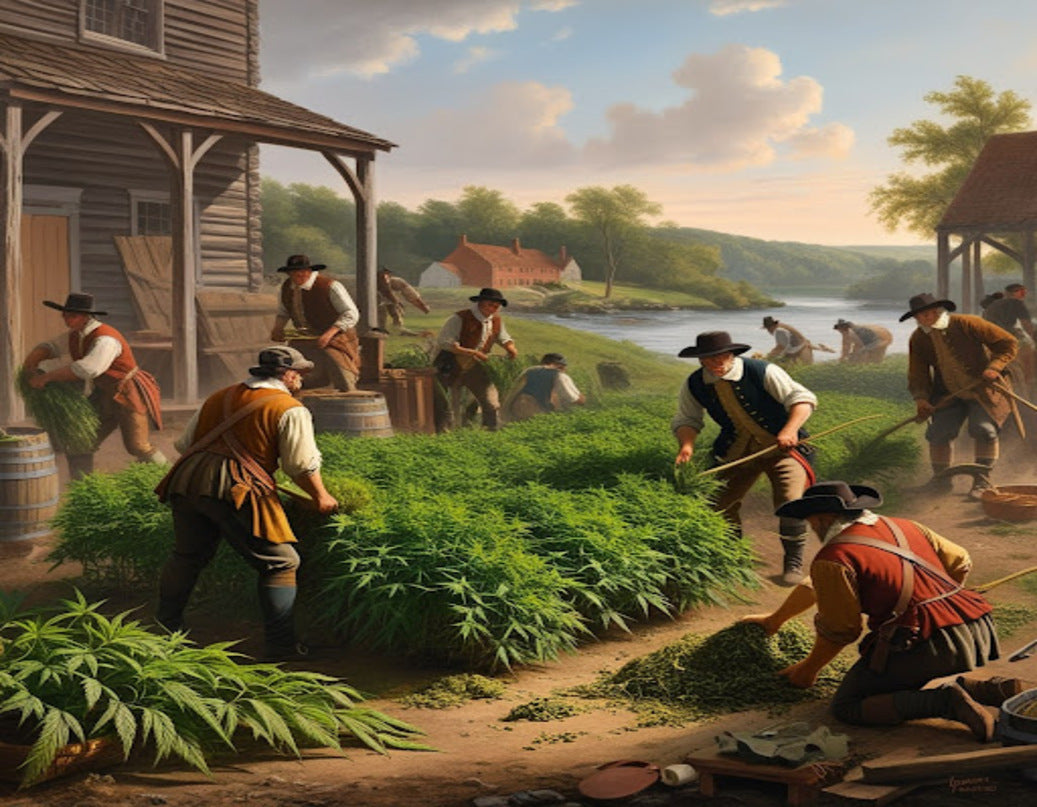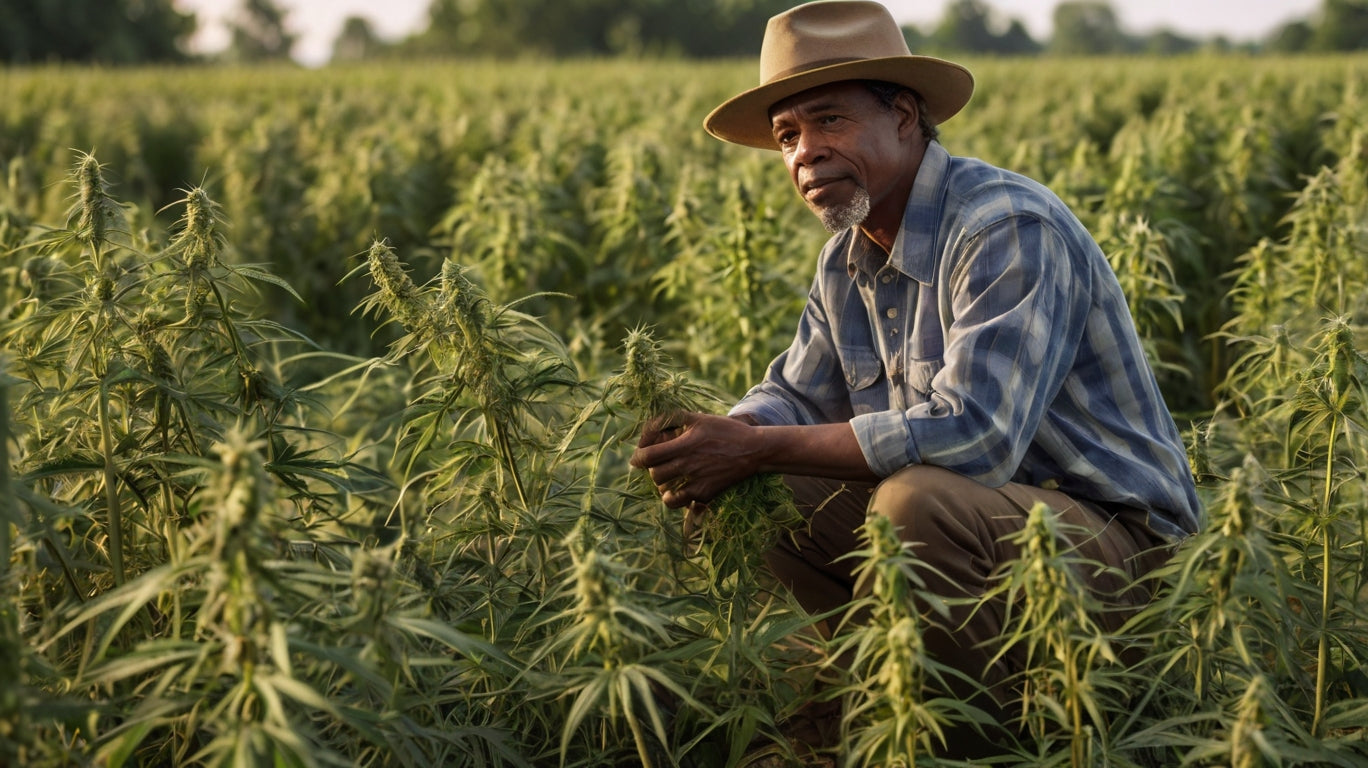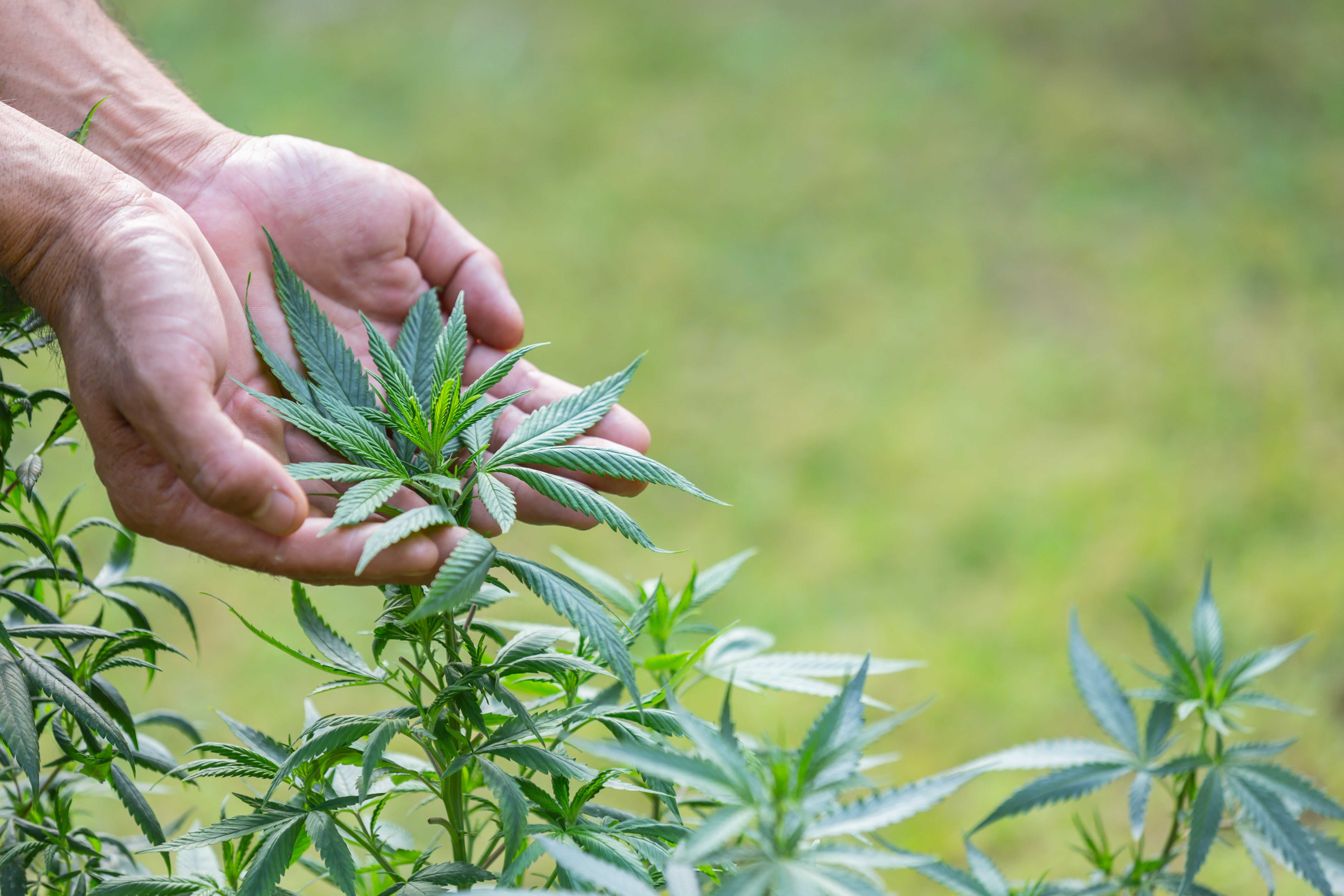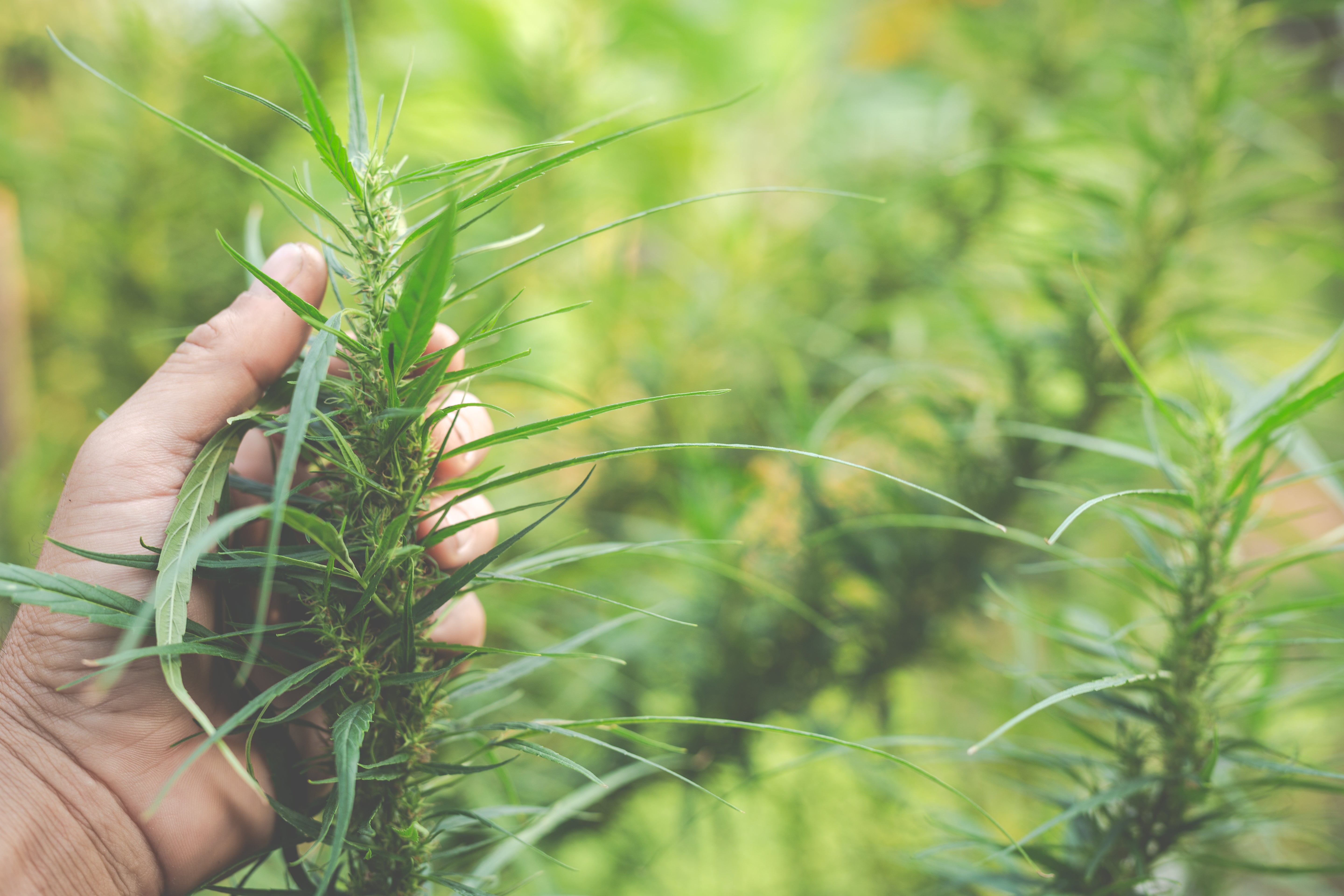In August 1619, something big happened in Port Comfort, Virginia. Hemp arrived, and it would change American farming and industry forever. This strong plant became a big part of early American life. This blog talks about the history of hemp in America, how it helped the early economy, and why it is still important today.
Historical Context of Hemp's Arrival

Hemp’s arrival in America was an important moment. The hemp seeds were brought on the enslavement ships by the Virginia Company. The Virginia Company of London was chartered in 1606. This was a slave-trading business chartered during the middle passage under James I of England to establish settlements on the coast of North America. It wasn’t just a random crop but a key resource for the early settlers.
Early Use: The colonists quickly saw how useful hemp was. This should refer that hemp was one of the crops grown in the new colony. However, hemp was mandatory to grow by law from the King of England
Impact on Farming: Hemp was important for making ropes, sails, and other materials needed for survival and growth in the colonies.
Significance of Hemp in Colonial America:

In colonial America, hemp became important because it helped people with their daily lives and businesses grow.
- Economic Value: Hemp fibers were used to make ropes, sails, and nets for ships and trade.
- Many Uses: Hemp was also used to make clothes, bedding, and paper, showing how useful it was.
- Laws: In 1619, it was mandatory for all of the colonies to grow hemp because it was good for local businesses and would help the colonies feed themselves.
Hemp's Role in the American Revolution

During the American Revolution, hemp’s significance was further highlighted. It became a key material for supporting the war effort.
Military Supplies: Hemp fibers were used to make strong ropes for ships and military gear. It was also used for making military clothes and medicine. This helped both the Navy and the Army.
Economic Stability: Colonies grew hemp to help fix money problems in England. The hemp was sent to England to trade fairly.
Frequently Asked Questions
1. What were the primary purposes of hemp in colonial America?
Answer:
Hemp was also used for clothing and also as a medicine, the oils from hemp were used to treat wounds, alleviate pain, and a host of other health benefits. Its great many applications made it a crucial asset for pilgrims.
2. How did hemp contribute to the American Revolution?
Answer:
Hemp was used for military clothing because of its durability, etc.
3. For what reason did hemp cultivation decline?
Answer:
After World War I, industrial hemp in the U.S. declined due to competition from new industries. Synthetic fibers, wood-based paper, and metal products became more popular, so less hemp was needed. was needed. Hemp was a natural choice for textiles, paper, and building supplies. However new alternatives began to dominate the market. Synthetic chemicals like nylon and other petrochemical products were cheaper and easier to make. This caused a drop in hemp's use and cultivation.
4.‘Is hemp experiencing a revival?
Answer:
The resurgence of hemp worldwide has been driven by a growing recognition of its environmental benefits and versatile applications. As countries seek sustainable alternatives to synthetic fibers, plastics, and fossil fuels, hemp's fast-growing, low-impact nature offers a solution. Recent changes in legislation, particularly the 2018 U.S. Farm Bill, have legalized hemp production in many regions, sparking renewed interest in hemp for textiles, bioplastics, food, and wellness products like CBD. This resurgence reflects a global shift toward eco-friendly industries and the rediscovery of hemp's immense potential across sectors.
Conclusion
Hemp has shaped human civilization for over 10,000 years. It was crucial in early farming, clothing, and medicine. Ancient civilizations used it for rope, clothing, paper, and food, making it one of the first crops. Its versatility helped economies and cultures grow worldwide, from ancient China to Europe. But in the 20th century, hemp's use dropped because the timber, oil, and steel industries saw it as a threat. Industries lobbied and spread false information, wrongly linking hemp with psychoactive cannabis. This led to its ban, even though it had historical importance and industrial value.







Share:
Unlocking the Mystery of Cannabis Species: Hemp vs. Cannabis – What's the Difference?
Current Hemp Market Trends in the USA